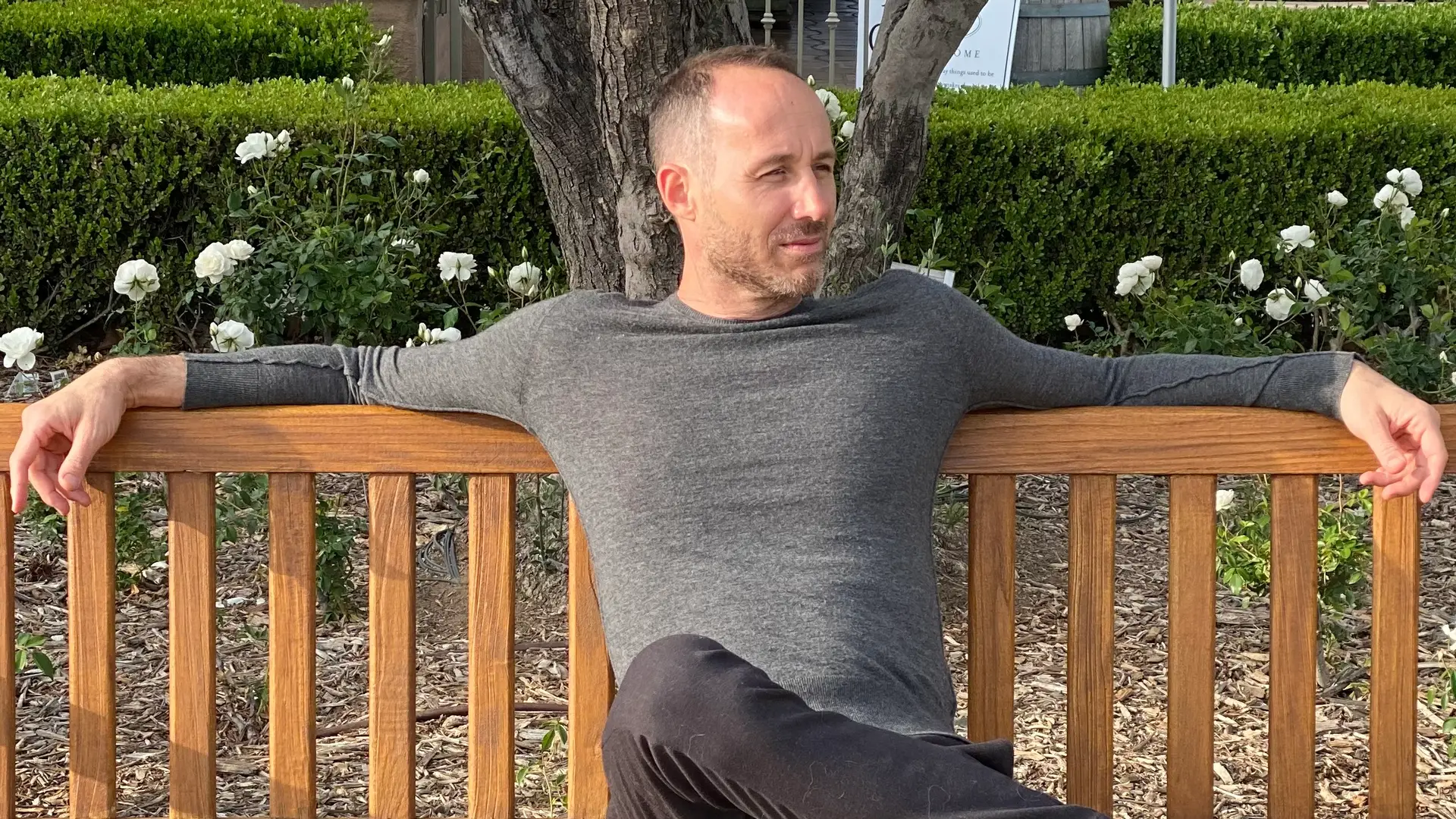
Ghosting and Blocking: Some of the Most Damaging Behavior of Our Generation
Whether it’s cutting off contact, blocking someone on social media who has hardly said a word, or simply disappearing on someone after you sleep with them, ghosting leaves emotional scars that ripple far beyond the moment. This episode dives into the phenomenon, exploring why people ghost, the emotional toll it takes, and how we can change this behavior for good.
What Is Ghosting, and Why Do People Do It?
Ghosting happens when someone abruptly cuts off communication without warning or closure. But why do people ghost? Often, it’s a mix of fear, insecurity, and discomfort. Most people simply want to avoid being “uncomfortable,” yet our own “comfort” level is not exclusively what’s important when you’re dealing with two people.
People may ghost to avoid confrontation, shield themselves from emotional vulnerability, or simply because they don’t know how to express their feelings responsibly. However, this avoidance doesn’t just harm the person being ghosted—it erodes trust and leaves both parties emotionally disconnected.
The Emotional Impact of Ghosting
This behavior has devastating effects on those left behind. Ghosting makes people question their worth, encourages feelings of rejection, and creates lasting emotional wounds. Over time, it diminishes the ghoster’s ability to build trust and meaningful relationships with those they leave in their absence.
Worse, it normalizes avoidance as a way of handling difficult emotions, creating a generation ill-equipped for healthy communication and conflict resolution.
How to Recognize, Avoid, and Cure Ghosting
This episode provides the tools you need to identify ghosting behavior in yourself or others, offering actionable advice on how to break the cycle. Key insights include:
•Emotional Involvement: Understanding when emotional ties form and how disappearing impacts both parties.
•Taking Responsibility: Why being “uncomfortable” is not an excuse to ghost someone and how to manage discomfort respectfully.
•Healthy Rejection: Learning how to set boundaries and reject someone with compassion and clarity.
•Building Trust: Why communication, even in difficult moments, is essential to maintaining integrity in relationships.
Key Moments in the Episode
Throughout the discussion, we tackle important topics, such as:
•The role of insecurities and fears in ghosting.
•The devastating effects of ghosting and how it fosters hostility and mistrust.
•The concept of “curving” (subtly rejecting someone without full closure).
•Blocking as a boundary or avoidance tool.
•The importance of being a custodian of someone else’s emotions when involved with them.
Moving Toward Healthy Boundaries
Ghosting isn’t just about disappearing—it’s about neglecting our responsibility to treat others with respect and care. This episode emphasizes the importance of understanding and maintaining healthy boundaries, offering practical examples of how to reject someone responsibly and how to handle rejection with grace.
Why You Should Listen
Ghosting isn’t just a personal issue—it’s a cultural one. By addressing it head-on, we can create a society where respect, understanding, and communication are prioritized over avoidance and fear. Whether you’ve been ghosted, have ghosted someone, or simply want to improve your communication skills, this episode offers valuable lessons on building stronger, more respectful connections.
Ready to Come Closer?
For more episodes on intimacy, connection, and boundaries, visit Closeness.com. 🌟
CHAPTERS:
0:00 What is ghosting?
2:25 Why do people ghost?
6:25 When does emotional involvement begin?
10:17 Preliminaries and disclaimers
13:15 Having to make backup plans
14:41 Taking our own insecurities out on others
15:16 The most important sentence when it comes to dating
16:45 Runaway brides
19:58 Understanding the devastating effects of ghosting
24:15 Why ghosting makes you someone who can’t be trusted
25:05 Why you being uncomfortable is not as important as you think
26:35 Examples of being uncomfortable
30:50 Do you ghost when your finances are involved
34:35 More emotional effects of ghosting
41:46 Stop pretending you don’t want hurt the other person
43:34 Curving
46:01 Blocking
48:05 The one key you need to understand boundaries
50:15 Ghosting causes hostility
56:02 Fear of Missing Out (FOMO)
57:55 Why you NEED to care about what others think about you
1:00:35 One guiding principle
1:01:54 When you do need to set a boundary. Story time
1:05:50 Why you need understanding when someone ghosts
1:09:19 Another story about someone who gave different reasons for breaking it off
1:14:16 The perils of changing your mind
1:21:22 Secrets to being rejected
1:24:25 An exceptional example of asking for understanding
1:26:20 A woman’s sensitivity to tone and intensity
1:27:24 More on healthy boundaries
1:28:51 Do the other persons feelings really matter?
1:32:52 Why if your’e involved with someone, it’s your obligation to be a custodian of their emotions
1:35:15 Why it’s risky to ask for understanding if you are being rejected
1:38:24 We MUST learn how to reject and be rejected responsibly
1:39:40 Tying it all together
Are you ready to come closer?
Closeness Coaching for sex, intimacy, relationships and quality of life:
Subscribe to Closeness on YouTube:
www.youtube.com/closeness?sub_confirmation=1
Please consider donating to our Patreon:







